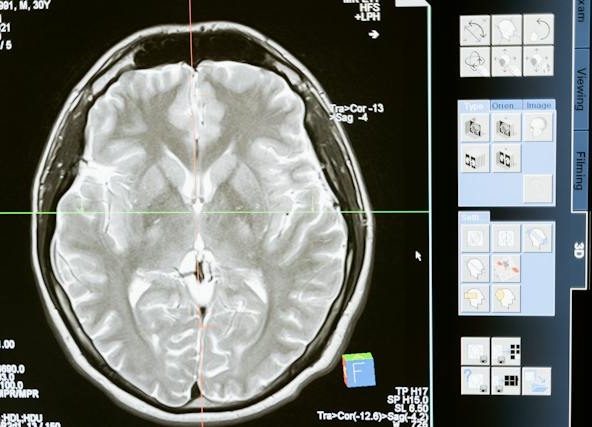If you’ve been injured and are considering filing a lawsuit, it’s important to understand the appeals process. In many cases, losing your case in court doesn’t mean you can’t continue fighting for the compensation you deserve. This blog post will explain the basics of the appeals process and provide tips on how to get a favorable ruling.
An appeal is a request to review and change the decision made by a lower court or tribunal. In legal terms, it’s challenging a ruling in hopes that the higher court will reverse the original verdict. To initiate an appeals process, you must file a formal legal document known as a ‘Notice of Appeal’ with your attorney’s help.
The appeals process begins when your lawyer files this Notice of Appeal. This document should contain specific information about why you are appealing the decision and what grounds you have for doing so. After this, a transcript of all the documents from your trial will be prepared to be sent to the appellate court, where your case will be heard.
When the appellate court reviews your case, the justices will make a ruling based on whether or not they agree that the lower court’s decision was wrong. If they concur with your lawyer’s argument, the original verdict can be overturned, and a new ruling can take its place.
In personal injury cases, there are a variety of different types of decisions that may be appealed. These include the initial decision by the court regarding liability, damages awarded, and any orders issued as part of the settlement or judgment. Additionally, appeals can be made on procedural matters, such as whether all parties involved have correctly handled a case. For example, if one party believes that evidence was not sufficiently presented or considered during the trial proceedings, an appeal could be filed to challenge these issues. Appeals can also be used to contest decisions made by lower courts and even those reached in arbitration proceedings or other alternative dispute resolution processes. Regarding personal injury cases, almost any decision made during litigation is eligible for an appeal.
It is important to note that there are usually stringent timelines and procedures when filing an appeal. Therefore, if you believe a decision made in your injury case should be appealed, it is important to consult with a skilled attorney who can help you understand the process and ensure that all necessary steps are taken as quickly as possible. An experienced attorney can also make arguments on your behalf before the appeals court to provide the best chances for success. By taking these steps, not only can you potentially have a positive outcome from your appeal, but you may also be able to avoid future legal issues stemming from any errors or omissions made during the original trial proceedings. With this in mind, it is important to ensure that you are familiar with the appeals process and its deadlines to protect your legal rights.
There are also some cases in which an appeals process is not possible. This includes if you did not file the Notice of Appeal before the deadline set by the court or if there were no legal errors in your lower-court trial.
Navigating the appeals process can be intimidating, but it’s important to remember that losing your case in court doesn’t necessarily mean it’s over. With help from an experienced personal injury lawyer, you may still have a chance for success with an appeal. By understanding the process and taking steps to make sure you are filing everything correctly, you will be well on your way to achieving a favorable ruling.




